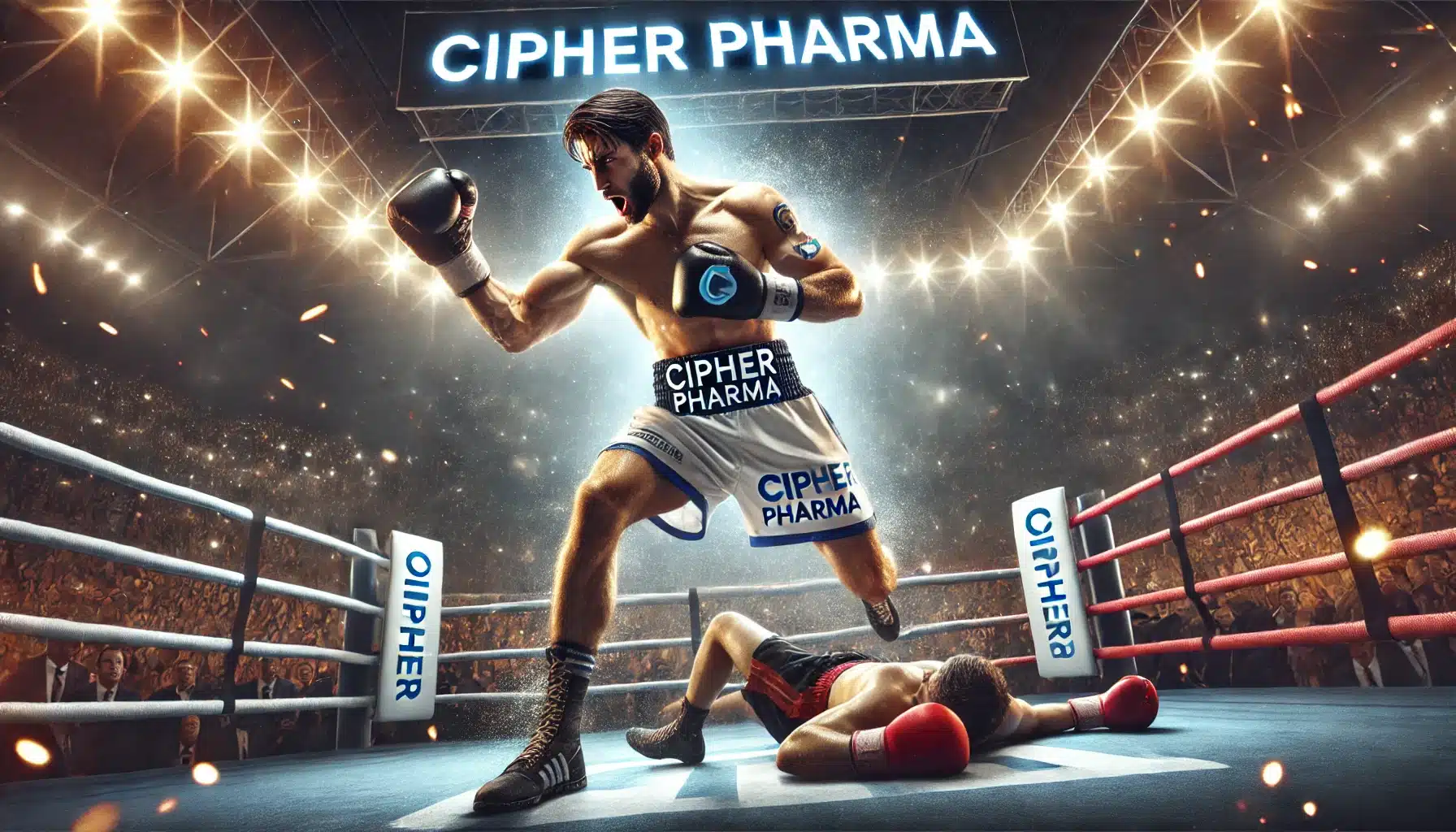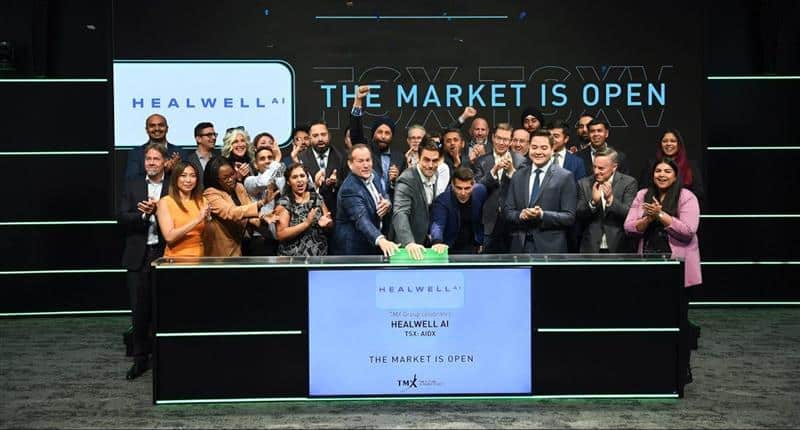
 A study from McGill University finds a connection between caffeine and hearing loss. Caffeine consumption can hinder the body’s ability to recover from temporary hearing damage caused by exposure to loud noises.
A study from McGill University finds a connection between caffeine and hearing loss. Caffeine consumption can hinder the body’s ability to recover from temporary hearing damage caused by exposure to loud noises.
The study involved exposing two groups of albino guinea pigs -one which received daily doses of caffeine and the other did not- to loud sounds of 110 decibels for periods of one hour (dubbed an acoustic overstimulation event or AOSE). Eight days afterwards, the hearing impairment in the non-caffeinated group of guinea pigs was almost completely recovered while the damage to hearing within the caffeinated group remained.
“Our research confirmed that exposure to loud auditory stimuli coupled with daily consumption of 25mg/kg of caffeine had a clear negative impact on hearing recovery,” says Dr. Faisal Zawawi of the Research Institute of the McGill University Health Centre and co-author of the study.
The reason why caffeine seems to have this effect on auditory healing processes are not clearly understood, but researchers have their theories. One possibility is that caffeine may be negatively impacting blood flow to the cochlea and inner ear, thus hindering cellular repair and recovery.
Another is that the increased release of corticosterone, a hormone which can delay the healing process, triggered by exposure to AOSEs gets further amplified by the ingestion of caffeine.
Finally, experts suggest that caffeine consumption releases more calcium into the system which in turn disrupts the repair process of the inner ear’s damaged hair cells.
All three could rightly be at play in this case of caffeine and AOSEs, according to the study’s authors, who urge that considering current high rates of caffeine consumption among the general public, along with the multitude of technological and mechanical ways in which a person can be exposed to AOSEs in today’s world, the caffeine-hearing loss connection should not be overlooked.
“Based on the results of our study, patients who continue to ingest regular caffeine while being exposed to noise or after an AOSE may in fact be reducing their chances of full recovery of their hearing,” say the study’s authors whose work is published recently in the Journal of the American Medical Association, JAMA otolaryngology — head & neck surgery.
The use of personal audio devices and habitual exposure to loud music in clubs and entertainment venues has been blamed for a rise in hearing damage among teens and young adults. The World Health Organization says 1.1 billion teenagers are at risk of hearing loss or damage due to unsafe listening practices, with studies showing that nearly 50 per cent of teenagers and young adults are exposed to unsafe levels of noise from their personal audio devices.
Potential damage to hearing depends on both the intensity of the sound and the duration of exposure, and a common symptom of hearing damage (temporary or permanent) is tinnitus or ringing in the ears.
“As they go about their daily lives doing what they enjoy, more and more young people are placing themselves at risk of hearing loss,” says Dr Etienne Krug, WHO Director for the Department for Management of Noncommunicable Diseases, Disability, Violence and Injury Prevention. “They should be aware that once you lose your hearing, it won’t come back.”
Comment
One thought on “Is there a connection between caffeine and hearing loss?”
Leave a Reply
You must be logged in to post a comment.



 Share
Share Tweet
Tweet Share
Share




Ehh another stupidity with poor methodology study… Wonder if people are such incompetent to read such stupidity. “However, a new study may give people quite a scare” no, no study rather this article… first posion relay in dose, how much they use? 25mg/kg 80kg person will need drink 2000 mg caffeine per day, dont even start saying about metabolism differences between genre and administration method(IP injection) in signle time they give IP injection with its around 16 coffies administrated in signle injection… I will be suprised if this will not give any results… but can we apply this to normal daily consuption… rather not, this article is seeking cheap sensation without basic knowledge.